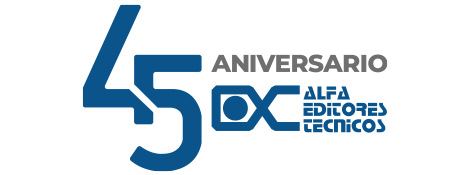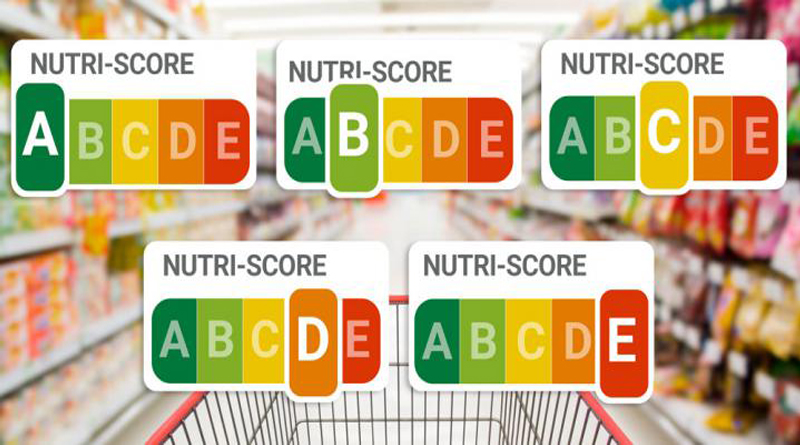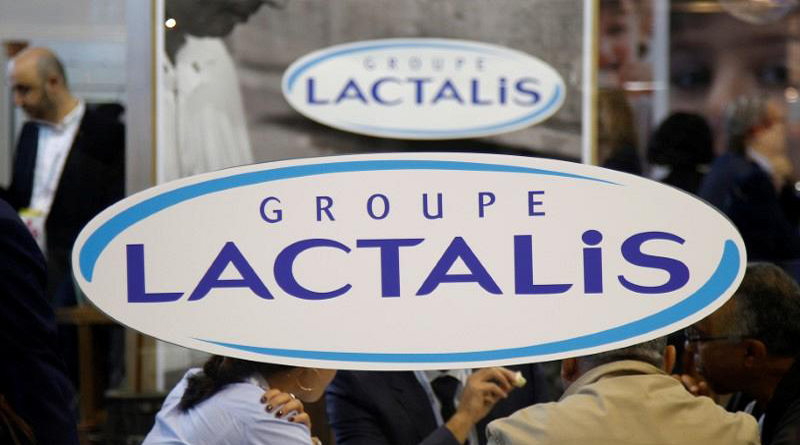Spain has become the third European country to adopt the front-of-pack NutriScore as its official nutrition label.
The Spanish government’s Agency for Consumer Affairs, Food Security and Nutrition announced yesterday (12 November) a raft of measures aimed at tackling obesity, including the use of NutriScore.
The logo was designed for the French government and came into force in France in October last year while Belgian public health minister Maggie De Block announced this August Belgium was backing NutriScore, following “extensive consultation” with stakeholders.
The Spanish minister of health, consumption and social welfare, María Luisa Carcedo, said: “This information will allow citizens to compare with other similar products easily and make an informed and motivated decision to follow a healthier diet.”
Carcedo said the government looked at other front-of-pack labels but rejected using them because they “have not been implemented by administrations, do not meet the objectives of promoting the healthiest choice and can even be confusing for the consumer”.
“They are not supported by scientific associations and professionals,” she added.
Serge Hercberg, professor of nutrition at the University of Paris 13’s medical faculty, who was part of the team of researchers that developed NutriScore, took to Twitter, calling the Spanish government’s decision “a step forward for Europe”.
Like other nutrition labels, however, NutriScore is voluntary and manufacturers can choose to add it to their products or not.
Carcedo made the announcement at the XI NAOS Awards (Nutrition, Physical Activity and Prevention of Obesity) that took place at the headquarters of the Ministry of Health, Consumption and Social Welfare.
Other measures aimed at strengthening the NAOS strategy and preventing obesity include restricting the supply of unhealthy foods in schools, hospitals, health centres and other public spaces.
Food products and meals sold in canteens and vending machines will have to comply with nutritional criteria in addition to food safety criteria, it said.
To this end, the government will develop a protocol or national guide that “guarantee the balance and nutritional quality” of food “in line with the recommendations of the European Union and the World Health Organisation (WHO)”, it said.
Carcedo also voiced her support for the ‘Collaboration Plan’, a commitment made by more than 500 companies in February this year, pledging to gradually reduce the amount of added sugar, salt and saturated fat in food and drink products by 2020.
The plan will affect more than 3,500 products.
Source: Food Navigator







